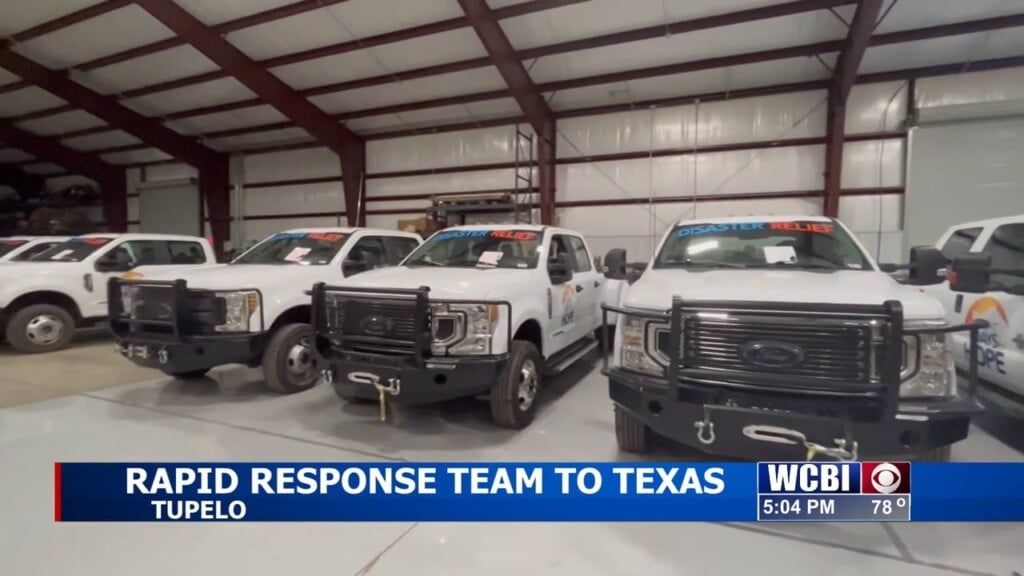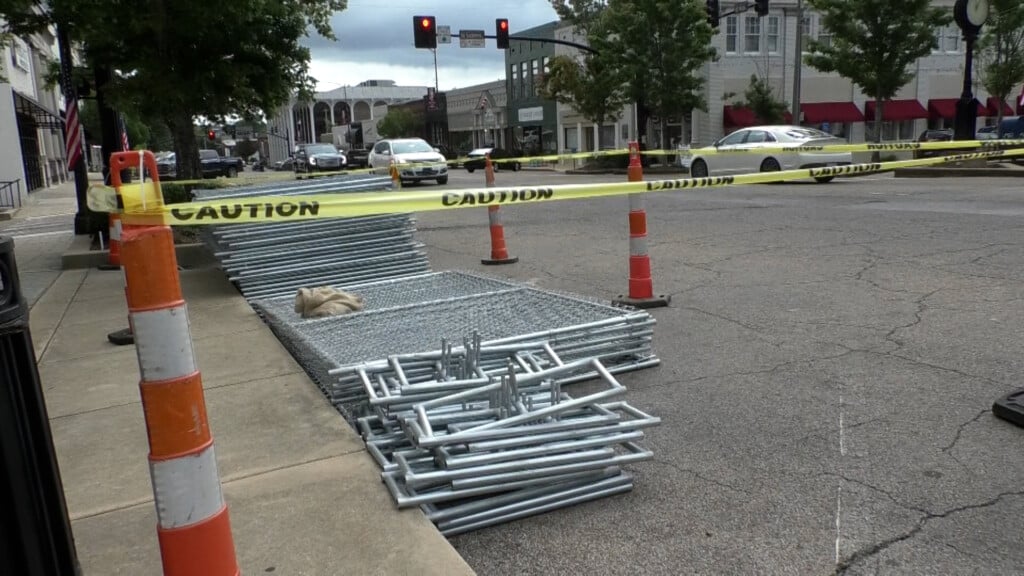Coping on the job: How first responders manage mental health
COLUMBUS, Miss. (WCBI) – For emergency responders, stressful situations are often part of the job.
But that stress can build up over time causing long-term issues.
Diagnoses of Post-Traumatic Stress Disorder, or PTSD, are becoming more common among front-line emergency workers like police, EMTs, and firefighters.
The emotional weight first responders carry is unimaginable. WCBI spoke with the crew from Columbus Fire and Rescue about how they confront trauma on the front lines.
Firefighters are often viewed as heroes. But they are also human.
On any given shift, they may be exposed to tragic scenes and destruction. Those events can have an impact on their mental well-being.
Columbus Fire Chief Duane Hughes said many first responders are experiencing a mental health crisis.
“Just here recently in our community, we had two very high profile events that led to deaths of citizens; and as first responders, we take those deaths seriously. A lot of times, there are no mechanisms where firefighters can release or express these feelings. The ability to express feelings of remorse, feelings of guilt are sometimes pushed to the side,” said Hughes.
Firefighter Joshua Nolt said the stress can be present all the time, whether you’re battling flames in a burning building or waiting for the next call at the station.
“Another level of stress is just knowing we’re here for a 24-hour shift so for a full 24 hours, you’re away from your family while your kids are at school, your wife’s at work or at home. That can be kinda stressful. If something happens, you’re not there to be with them,” said Nolt.
That daily stress can have an effect on the body as well as the mind. Overall, heart attack is the leading cause of death among firefighters.
Hughes said stress management is the key to longevity in this career and it’s okay to ask for help.
“We let them know there’s no shame in asking for help. We love them. We wrap our arms around them and we’re gonna help guide them through whatever process they may need,” said Hughes.
There are numerous mental health resources available in our area.
If you’re struggling with mental illness, there are resources for support below.
Community Counseling Services (662)328-9225
Mississippi Department of Health 1(877)210-8513
National Alliance on Mental Illness 1(800)950-6264 or ‘NAMI’ to 741-741 for 24/7 assistance
The National Mental Health Hotline 1(866)903-3787
National Suicide Prevention Lifeline at (800)273-8255
For 24/7 news and updates, follow us on Facebook and Twitter




